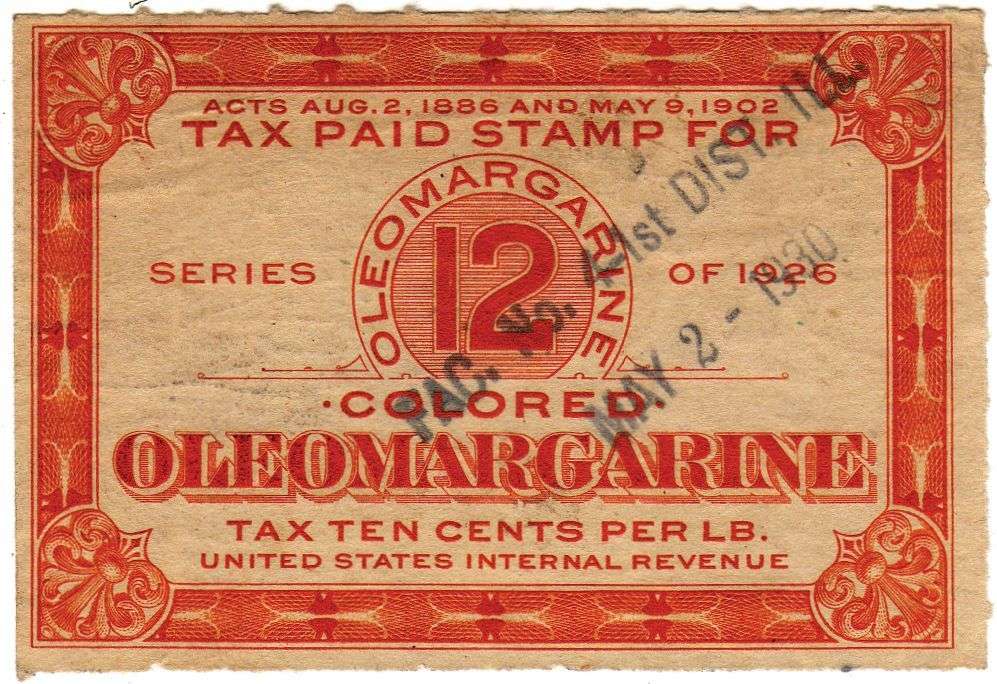When there is a heated, with a lot of strong and exaggerated arguments on both sides, and I don’t know what to believe, or I’m overwhelmed with the raw information, I look at Wikipedia. Or even something that is not a current event, but the information I found on the internet doesn’t feel reliable.
I’m sure some would find flaws there, but they do a good job of keeping it neutral and sticking to verifiable facts.
No, absolutely not.
For purely scientific articles Wikipedia is great. But anything remotely controversial or even political on that site should be taken with a grain of salt.
There’s too many editors out there who enforce their biases and wage war on such articles.
This is why you don’t take anything at face value. Check the sources, which you should be doing on Wikipedia anyway.
A wikipedia sources list is not some sort of list of all available data on a subject. It’s a list of what information was used to build the article.
On anything remotely divisive, there will be available primary sources for multiple viewpoints, and obviously a slanted article will largely contain sources supporting its slant and leave out sources that don’t. Just checking the sources can easily result in the illusion of consensus where there is none.
I’m going out on a limb and assuming basic fact checking skills here, yes.
In this case, the primary relevant fact checking skill would be searching for sources independent of Wikipedia, in which case, why was one starting with Wikipedia in the first place?
Because it’s a crowdsourced way of collecting and correlating those sources.
Often, collecting and correlating sources that agree with one viewpoint of a complex issue, which is the whole problem we were discussing. If a wiki article is camped by an admin with a slant, as they often are, the sources do not represent some neutral middle ground or wisdom of the crowd, they represent the things that ended up in the article and nothing more. If you want to learn the facts of a controversial topic, why would you start with a potentially biased list?
*citation needed
But the fact that a lot of editors fight about such issues means that it ends up being somewhat neutral, no?
Depends on who’s currently winning the fight.
deleted by creator
Found you! While he appears to be way more than a Russian troll, he was indeed very insulting in his edit summaries. The admin also appears to be an invested contributor to the article who merely coincided with this event; it seems they were merely resolving this discussion. Pending edits (ones that require approval) are separate from the usual edits people fly by.
deleted by creator
The issue I’ve come across is vindictive or mean editors who ‘own’ pages and refuse to allow changes to ‘their’ article.
Case in point, when a rather well-known bishop was convicted of child molestation I edited his article to add that information.
Boom, reverted, no reasons given.
Anytime I added the block of information back to the article he or she reverted the changes. Wikipedia was no help, so now I refuse to edit Wikipedia articles or even treat them as factual - too many editors have their own agendas.
I remember keeping eye on some wikipedia pages during early stage of controversial topics. They do hide information and then lock the page.
There are too many misleading statements. However, it is a good start to get an understanding of the large picture. Afterwards more research is needed.
Wikipedia isn’t some magical concensus platform, it’s just a website with admins and power users like anything else. I wouldn’t take Lemmy or Reddit at face value and you shouldn’t take Wikipedia at face value either for the same reasons. It’s not neutral at all and feelings, biases and personal beliefs are all over the website because the people with power keep it that way.
I like the Associated Press and Reuters, too. Their articles are pretty bland, but that’s kind of the point. They make their money by licensing their content to as many publications as possible, so they have a major financial incentive to remain neutral and reliable.
However, the fact that there’s a financial incentive at all can call their reporting into question, of course. Money corrupts everything. Still, I consider them better than most.
I cannot get rid of the feeling that you post this primarily to expose users to the backlash your post will inarguably get.
No, I didn’t anticipate significant backslash. The criticism of Wikipedia is valid, but I’m comparing it to the raw stream of BS I get on social media, not to an idealistic vision of what wikipedia should be
Oh that. Yes in comparison to that even controversial Wikipedia entries are saint like.
Okay, but like, places like AP and Reuters are right there and free. If someone’s thirsty, you shouldn’t point them at a dirty puddle because it’s better than sewage, you should turn the faucet on.
“Raw” news sources don’t aggregate though.
Aggregating a biased list of sources is worse than not aggregating at all. I would rather someone not know a story at all than they know one side of it as “the truth”
@fbmac This article in defense of Citizendium.org , an alternative to Wikipedia with author identity verification, is a great anecdotal rundown of why this is a bad idea. Give Citizendium a try, I’m not saying it is perfect but it is a bit better.
https://driftingharbor.wordpress.com/2022/12/16/why-save-citizendium-my-reason-number-1/
I check Wikipedia for most facts, controversial or not.
“Citogenesis” I chuckled:) XKCD is great
Oh and here’s the wiki article on the subject! With a link to the comic no less:












